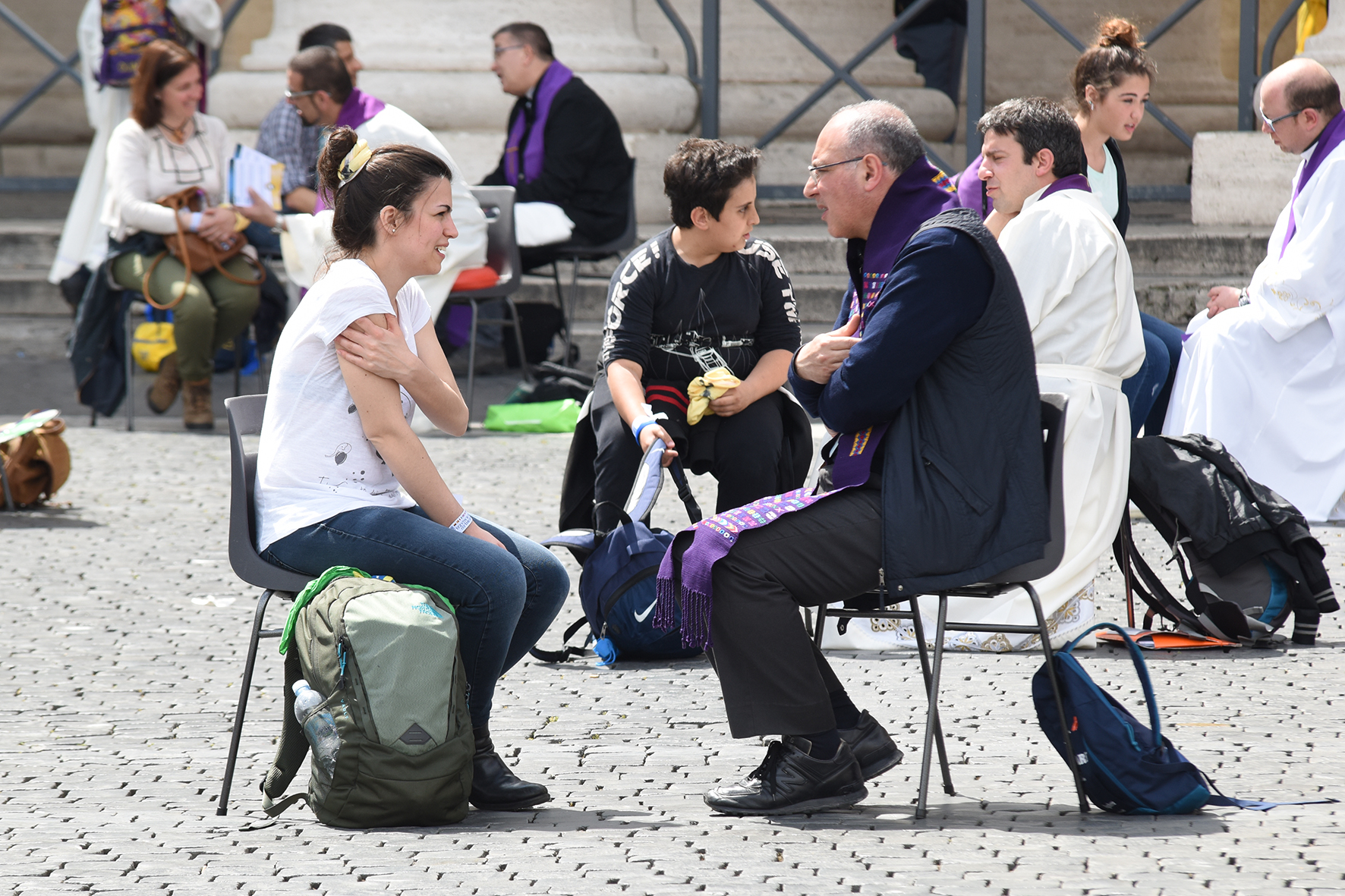Reflection
Follows a reflection on spiritual paternity by Fr Enzo Bianchi for SIR, a week after announcing his resignation as prior of the Bose Monastery. Spiritual paternity “is necessary – Bianchi writes – because it helps objectify individual spiritual journey, leading that person to adhere to reality, notably to recognizing and accepting his/her limits, negativity, hence to the overcoming of profound inhibitions, deep-rooted censures, interiorised interdicts that prevent human progress in freedom and love. The spiritual mother or father should not teach, prohibit, condemn, judge, plan. The spiritual mother or father is called to ask questions, to support the interior exodus consisting in the passage from fear to freedom, from constriction to confident filiation; hence to the maturity of love.”

The ministry of paternity, namely of spiritual accompaniment, is at the heart of the transmission of the faith of the Church, probably more so today than ever before. This Ministry is unfortunately seldom manifested in ecclesial experience, to the extent that it’s hard to find a “spiritual” man or woman, in the deepest sense of the term that is not merely the opposite of “biological” or “natural”, but which means “according to the Spirit”, endowed with “charisms” and gifts lived in the faith and capable of engendering spiritual life. There is great thirst for this kind of support among the simple believers, corresponding to the yearning for a living a serious life of faith hinged on what is essential.
“Christians are made, not born.” This expression by Tertullian identifies the area marking the need for spiritual paternity.
It is necessary to learn to be Christians, rather, it is necessary to be generated to the life in Christ. In fact, Christianity is more than a doctrine. It is a life with God, in Christ, by means of the Holy Spirit, which requires being initiated and introduced to it.
Spiritual paternity is necessary because it helps objectify individual spiritual journey, leading the person to adhere to reality, notably to recognizing and accepting his/her limits, negativities, hence to the overcoming of profound inhibitions, deep-rooted censures, interiorised interdicts that prevent human progress in freedom and love. In particular, spiritual paternity can result in the experience of the mercy of God, namely to know His face as the Father. But this may happen if also the “spiritual father” shows a truly fatherly face.
Thus, what should spiritual accompaniment lead to? It involves helping those who have undertaken the journey of growth and listening to the word of God that is neither distant nor external, but that is found “in your heart” (Dt 30:14), to discern the Holy Spirit that dwells in the believer, to bring to the fore the life of God that is already present inside him.
The spiritual mother or father should not teach, prohibit, condemn, judge, plan. Instead, the spiritual mother or father are called to ask questions, to support the interior exodus consisting in the passage from fear to freedom, from constriction to confident filiation, hence to the maturity of love.
The accomplishment of this service entails that the mother and father possess a set of charisms, of gifts bestowed upon them in grace, which they were able to perceive, to cherish and cultivate until they became fruitful. Those gifts consist in the ability to listen; charity and mercy, prayer and intercession, spiritual struggle, being aware of one’s sins and of one’s limits, as well as a deep faith in God’s merciful love. Those are the distinctive features of a spiritual mother or father, leading him/her to be the agents of “manifestation”, thereby enabling the disciple to emerge, to come to the fore and reach the fullness of life. In fact, the latter is not asking to be judged, nor to be confirmed. He is asking only to be helped to grow in following the path of the Lord.
On January 28, in his allocution at the Plenary Session of the Congregation for Institutes of Consecrated Life and Societies of Apostolic Life, Pope Francis highlighted the importance of accompaniment, the exercise of a lay charism – he said – that can be carried out by men and women endowed with human experience, great docility towards the Spirit and a fine discernment. Without this Ministry Christian growth would be weaker, less protected, and it would be exposed to the risk of narcissistic and self-referential drifts.